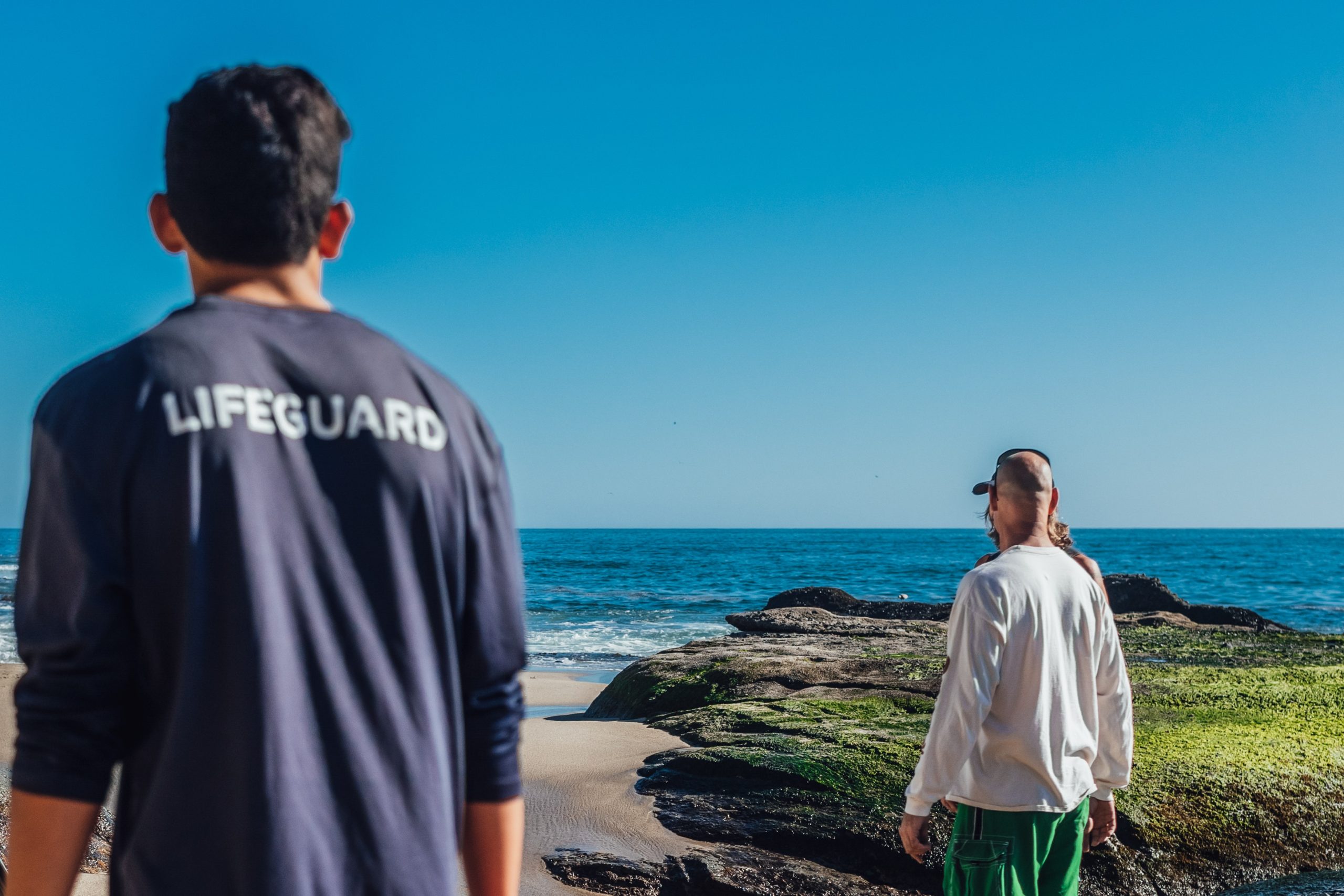Why Do Lifeguards Need to Be Certified in CPR and First Aid?
Lifeguards can help you with an emergency at the beach. They are responsible for the people’s safety in and around the water. They can save lives and provide crucial medical care when needed. To do this, they must be certified in CPR and first aid. These certifications give lifeguards the knowledge and skills to respond quickly in an emergency. Here, you will read about the various courses a lifeguard takes to provide better safety. The blog also discusses the importance of a CPR online certification for lifeguards.
Which certifications should lifeguards take to keep their swimmers safe?
Do you know you must clear a recognized lifeguard course to work in this profession? Just knowing swimming is not the solution. Lifeguards need to learn new skills frequently to upskill. You need to upgrade your skill set with the below certifications constantly.
- First Aid Certification: Having a First Aid Certification allows lifeguards to be prepared to respond to medical emergencies. They can administer the necessary medical care to swimmers quickly and safely.
- CPR Certification: With CPR online Certification, lifeguards can help save swimmers in cardiac distress. They can perform chest compressions and rescue breaths and save their lives.
- Water Safety Instructor: Lifeguards can teach swimmers to be safe around the water with this course. They can educate them about following safety rules and adequately using a life jacket.
- Basic Life Support Certification: This course allows lifeguards to be prepared for any medical emergency in or out of the water. It will teach them the proper way to assess a patient in need.
- Lifeguard Management Certification: Lifeguard Management Certification teaches lifeguards the necessary skills to manage a pool or beach. They learn how to plan and organize safety drills, communicate effectively with swimmers, and delegate tasks to other lifeguards.
Why do lifeguards need to get a CPR certification?
Lifeguards are essential and help keep people safe at pools and beaches. They watch people swim, ensure security, and help anyone in need. Besides other certifications, you need to hold one in CPR to enter this profession. Lifeguards need CPR certification for the below-mentioned situations:
- If they find someone breathless, they can help with CPR.
- People could have a heart attack due to various reasons on the beach. CPR is the only way to keep them alive till help arrives.
- Swimming pools have drains, and children may get stuck in them. More than often, they become unconscious and need CPR for recovery.
- The open waters have various insects and organisms that may enter your mouth. These could choke the airway, and you may need immediate CPR.
- If someone is having a seizure in the water, lifeguards must take action immediately. The patient may also need CPR to restart their heart.
Lifeguards need to be ready to help in any of these situations, and having a CPR certification helps them do that.
How do CPR and first aid certifications make a difference in your lifeguard career?
Every individual wishes to grow in their career, and so do lifeguards. Upskilling is an important part of career growth. You can do this by taking multiple certification courses mentioned above. But a holds a special place in life-saving skills. Some ways this certification can boost your career include:
- CPR certification gives a lifeguard the knowledge and confidence to respond to an emergency. Once you have faith in your skills, fighting the waves is easy.
- Lifeguards can perform CPR and other life-saving techniques quickly and accurately with CPR certification.
- A first-aid certification also enables lifeguards to recognize when a person needs medical attention and when to call for help.
- CPR certification assures a lifeguard that they are prepared to respond to a medical emergency. Every course teaches the techniques and ensures students can apply them.
- With CPR certification, lifeguards can help keep their workplace safe and compliant with safety regulations.
- Certification also shows potential employers that a lifeguard is a responsible and competent employee.
- Additionally, these certifications can open up more job opportunities in lifeguarding.
Conclusion
CPR and first aid are essential skills to help save lives in water. Lifeguards can also assess the injury and give the required aid with first-aid. A is essential to maintain a peaceful environment at your beach. The American HealthCare Academy has comprehensive courses for everyone. Their courses grant you a recognized certification that can be used nationwide. Visit the AHCA website today and learn more about life-saving courses.

